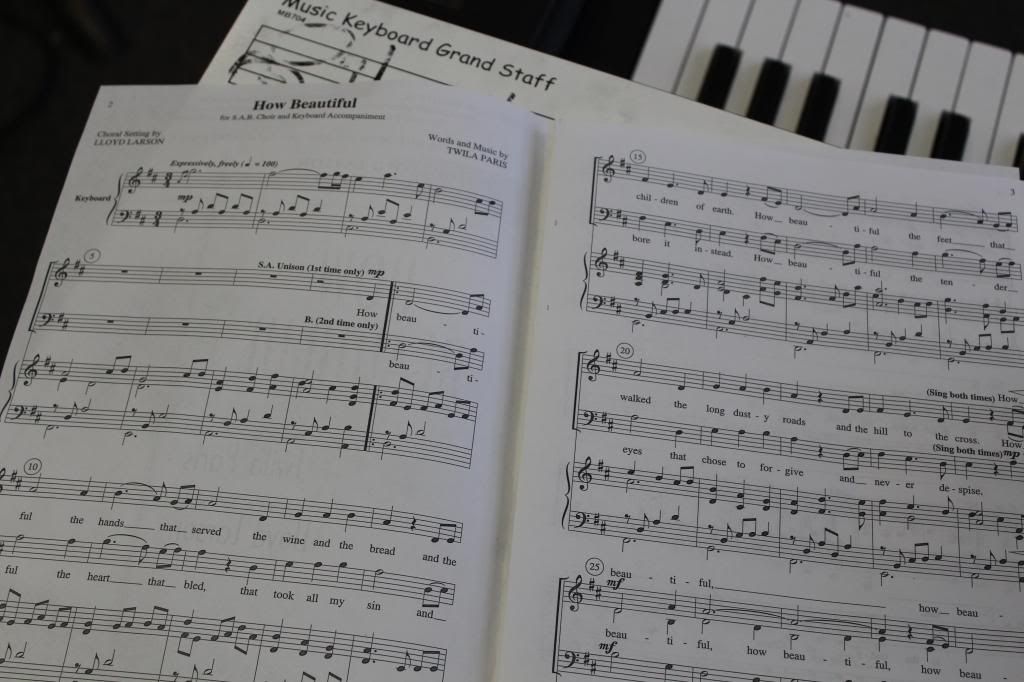In the wake of the announcement
of the retirement of General Linda Bond –international leader of The Salvation
Army – I have decided to re-read the book
1929: A Crisis that Shaped The
Salvation Army’s Future [i]by
former General John Larrson. It deals
with one of those ‘dirty linen’ aspects of our history – specifically the
deposing by the High Council of General Bramwell Booth.
[ii]
This was an awkward
moment in our organization’s history – to remove from office its duly appointed
international leader, the son of its founder.
In Chapter One (Laying
the Foundation) Larrson outlines the sources of this conflict – and that may, ultimately be
found the apparent struggle of founder and first General, William Booth (and
that of his son / successor, Bramwell, to accept anything but his own personal
autocratic control over the organization he had founded.
Before it was known as
The Salvation Army, it was The Christian Mission, and it’s original
constitution, written in 1875 (actually it’s 2nd constitution, but 1st
to have binding legal authority), stipulated that it would be lead by two
authorities – the General Superintendent (William Booth) and an Annual Conference
of members who would vote on executive and legislative issue s– but Booth held
on to the power to override any resolutions of the Annual Conference.
However this proved too
cumbersome and time consuming for the fiery young organization and for William
Booth who was impatient with the long hours of discussion and debate, and for
the members as well -one of whom came to William Booth and said, “You tell us what
to do, and we’ll do it. I can’t see the
good of a lot of talk, with one wanting one thing and another another.”
[iii]
So in 1877 Booth announced
that the Annual Conference would function more as a “Council of War” to advise
the General Superintendent. However, legally, there were still the two
authorities. This was rectified with another
new constitution in 1878 – one that directed that the Christian Mission will “…always
be under the oversight, direction, and control of some one person, called the General
Superintendent…” who would be the sole legal trustee of the organizations
property and funds – that William Booth would be the General Superintendent
until he died (or resigned) - and that Booth and his successors would have the power
to appoint his own successor.
[iv]
Mr Cozens-Hardy, the solicitor
(lawyer) who was tasked to draft this new legal document, said to Booth, “Mr.
Booth, you want me to make you a pope, and I do not think it can be done.” To which Booth replied “Well, M.
Cozens-Hardy, I am sure that you will get as near to it as you suitably can.”
[v] General Larrson describes Booth’s retort as humorous,
and it may have been so – but it was true too.
William Booth (and his son Bramwell, later) had a reputation for being
an autocrat, who micromanaged his organization and who would brook no dissent.
Cozens-Hardy warned
Booth that as written, the new constitution could not be changed except by an
act of the British Parliament. This was
now the third constitution in eight years, but Booth would not move on this
point. He knew what he wanted and that
was all he wanted. He seems to have felt
that it was divinely inspired as it was and didn’t want tinkering with it after
he was gone.
[vi]
On August 7, 1878
William Booth became the sole trustee and single authority of The Christian
Mission with the sole prerogative to declare his successor.
But he had doubts –
what if the General died without having named a successor? What if the
successor refused to accept the office?
What if the General and his named successor were to die at the same time
(a possibility that nearly became a reality when a bomb exploded near Booth and
his son
[vii])?
Any of these would
leave the organization in chaos without a duly appointed leader.
But Booth was stymied
by his own obduracy. He often liked to
say “what I have done, I can undo,” but this time he couldn’t. The constitution of 1878 could not be changed
without an act of Parliament, and Booth was reluctant to entrust his
organization to that body – that would be allowing others to meddle and would
be admitting a mistake.
So he sought legal council
from some of the best lawyers of the time.
Their recommendation came back that the constitution, indeed, could not
be changed without an act of parliament, but that a supplement to the constitution
could be added, provided that it only amplified or supplemented the original
deed and did not make any changes.
Booth had the
supplementary deed written by late 1897
[viii]
but hesitated to sign it. He hesitated
for seven years.
It seems that he was
worried 1) that it would prove to be legally invalid. Indeed, some very fine hair-splitting went
into making sure that this supplementary constitution did not make any changes
to the 1878 constitution. And he was
worried 2) that the new provisions for removing a General from office (one of
the not-quite-changes to the constitution) might be misused. Was he afraid that someone would try to wrest
control of his organization away from him?
Booth wanted to keep absolute control of his organization. "Give us a King" cried the people, but they didn't really know what they were asking for.
I’ll write more about
this book and my thoughts in the next several days…
[i]
Larrson, John
1929: A Crisis that
Shaped The Salvation Army’s Future Salvation Books, London England, 2009.
[ii]
For the Record – I do not know, nor do I claim that General Linda Bond has been deposed. Her retirement was announced by
the Chief of the Staff yesterday without any explanation. Any speculation or questions that may have
risen to the surface is the result of this lack of transparency and forthrightness.
[iii] William Ridsdel, later a Commissioner of The
Salvation Army, quoted on page 12
[iv] Page
17


 I count it as a significant honor to be included in this list of bibliobloggers "which lists every blog whose primary interest is academic biblical studies."
I count it as a significant honor to be included in this list of bibliobloggers "which lists every blog whose primary interest is academic biblical studies." 

 I've been out at music camp all this week - as part of the faculty, helping to teach the kids to play their instruments and to sing more euphoniously. I've also been playing in the faculty band, and singing with the faculty chorus.
I've been out at music camp all this week - as part of the faculty, helping to teach the kids to play their instruments and to sing more euphoniously. I've also been playing in the faculty band, and singing with the faculty chorus.


 There Once Was a Prophet from Judah: Biblical Limericks for Fun and Prophet
There Once Was a Prophet from Judah: Biblical Limericks for Fun and Prophet